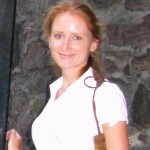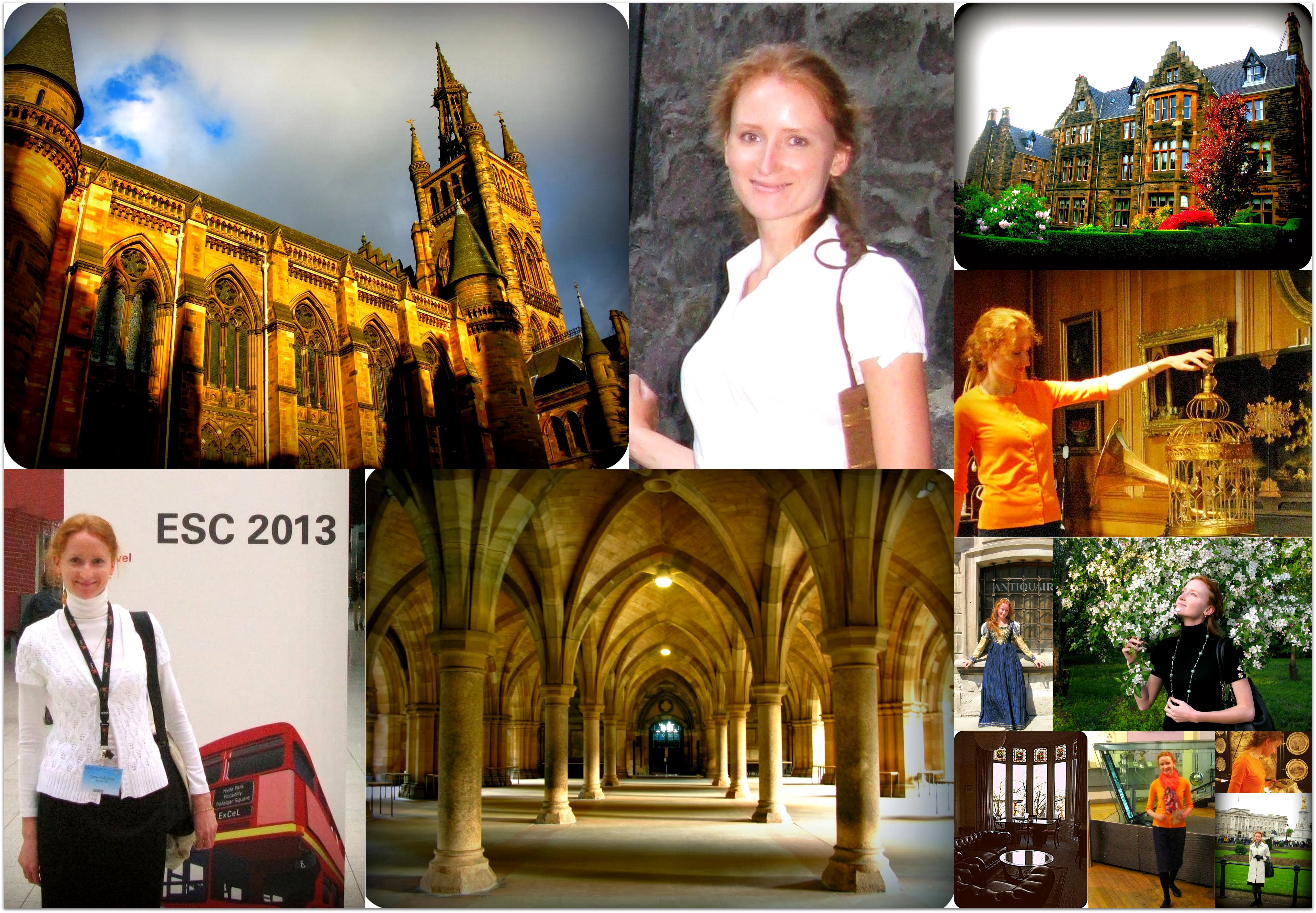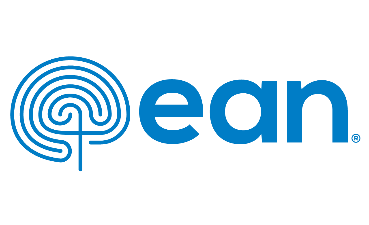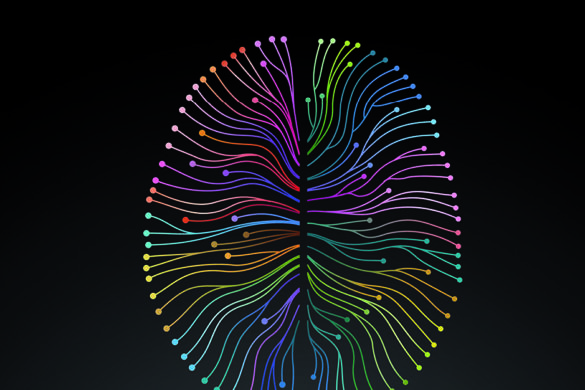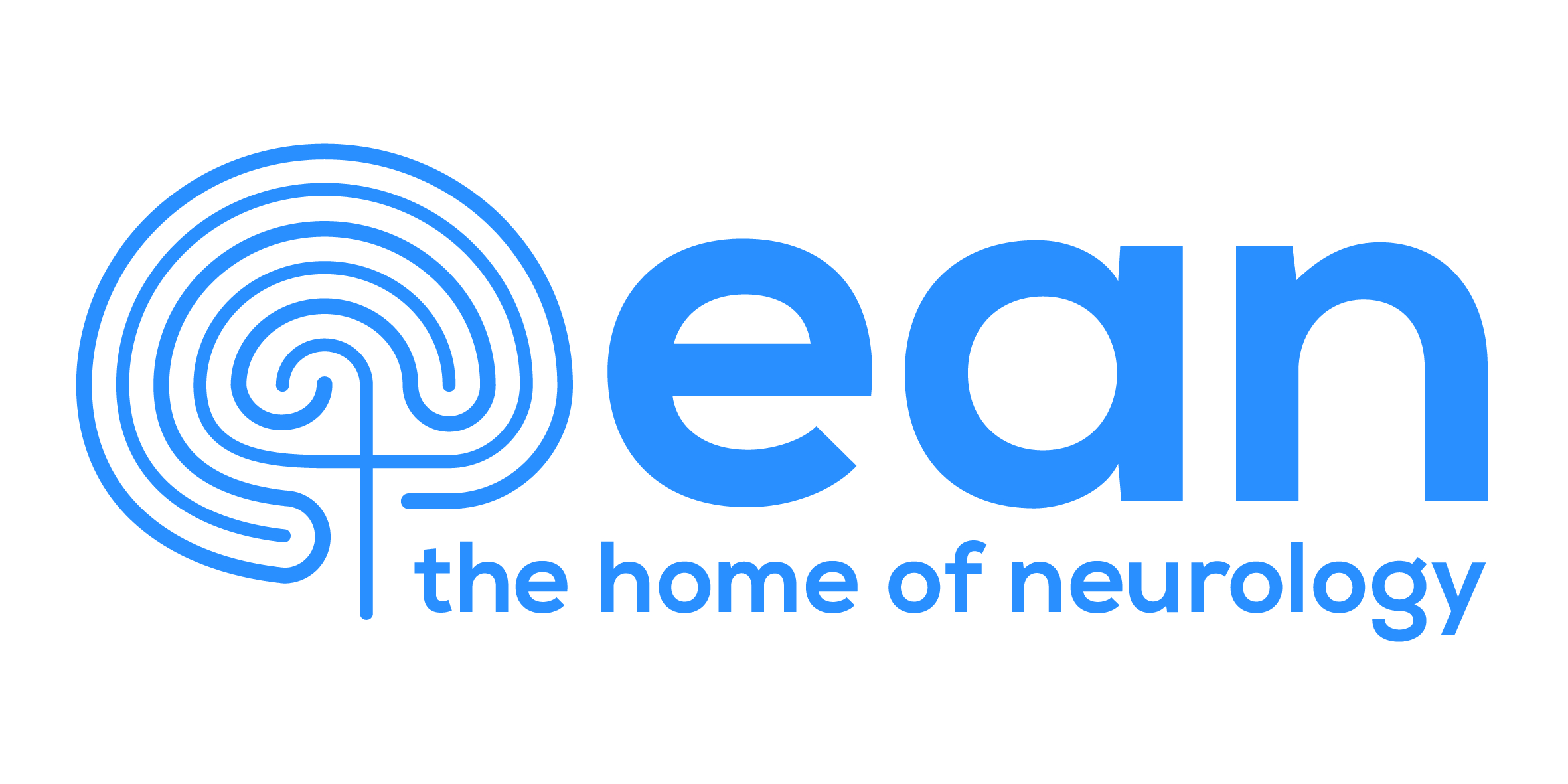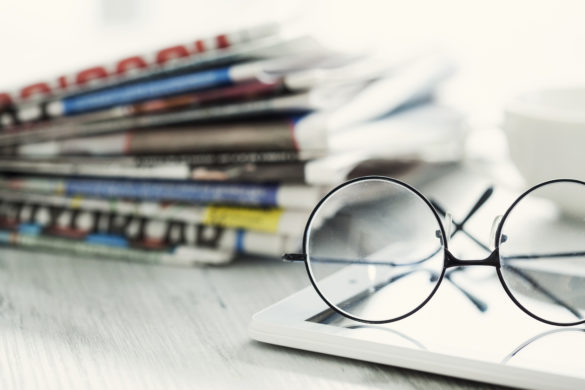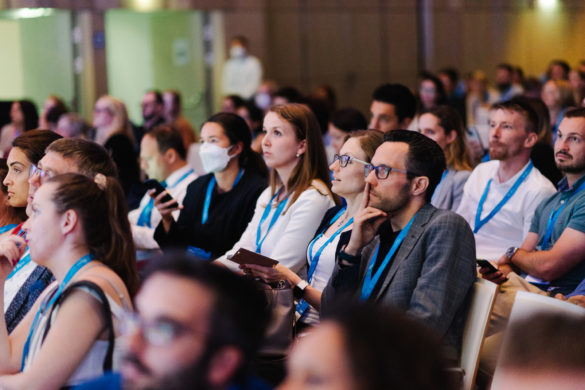Through the EFNS fellowship, I was able to carry out my project “Cerebral ischaemia measured using MRI spectroscopy (cerebral ischaemia study)” at the Acute Stroke research unit, Western Infirmary, Glasgow, UK chaired by Prof. Kennedy Lees. Doing this research from an interdisciplinary perspective has been a novel approach and I’m grateful I was able to begin my involvement with EFNS Scientific Fellowship at this stage in my career.
I was very fortunate having had the opportunity to spend this year working in Professor Lees research group which has a worldwide reputation as a major Stroke Research Centre and I have greatly enjoyed working with excellent and high calibre research colleagues there. The experience I gained, by being a member of the team there has enabled me to become a better scientist and stroke researcher.
The Stroke Research Unit at the University of Glasgow became a scientific family for me and the best possible place to continue my scientific research work and gave me a great opportunity to expand my knowledge. I greatly appreciated the friendship and the support and collaboration I received from my supervisor Dr. Jesse Dawson and other colleagues in Glasgow who greatly helped me in all stages of my research work.
The year in Glasgow has been very valuable for my research career, expanding my scientific knowledge in Stroke research especially in data management in the UK. Working with Dr Dawson at the University of Glasgow on the project, which is a collaboration between academic stroke physicians, neurologists and neuroradiologists I led the processes of data collection, MRI data acquisition, image processing and sequence development, and completed data acquisition and analysis.
I gained unique experience leading all stages of data acquisition and analysis from the beginning through all clinical project stages such as recruiting patients into the study, arranging their arrival for MRI and blood examinations, accompanying patients to MRI leading processes of data collection, MRI data acquisition, image processing and sequence development, analysing and completing patients details from clinical patients notes into the CIS study protocols, analysing MRI data for 44 patients and DTI MRI data for 43 patients, creating patients’ database in MS Excel and MS Access programmes and providing literature overview for current DTI MRI view of CIS study. In co-operation with the neuroradiologists we created, modified and established the ‘Magnetic Image Analysis Forms’; and based on the literature overview, created unique ‘Regions of Interest Identification Guidelines’.
I also advanced my expertise in statistical analysis and in writing up my experience resulting in the publishing of 3 abstracts which were presented at the ESC in London, Congress of the EAS in Lyon and International Headache Conference in Boston in 2013. To enable me to present my abstracts I was additionally awarded travel grants from the EAS and the IHC.
Under the experienced guidance and supervision of Dr. Dawson I greatly improved my knowledge in writing papers, and I am currently completing work on 3 articles to be published in the International Stroke Journals.
During this year I was also introduced to the features of the national health and medical research system here in the UK, being involved in daily activities and participating inward rounds in the Stroke Unit and other clinics.
I was very happy to have been trusted and actively involved in all stages of the project and was deeply involved in the studies of MRI data analysis and regions of interest for DTI MRI, FA and ACD values measurement.
The experience I have gained during this year in Glasgow has been extremely valuable for my present work and career, enhancing my development as a researcher and expanding my knowledge in stroke trials and biostatistical analysis.
I have greatly enjoyed working at this outstanding and high calibre research team led by Professor Kennedy Lees at the world-class Stroke Research Centre at the Glasgow University. I found everyone most friendly, helpful and understanding. The conditions for undertaking research work were excellent with first class equipment. I particularly enjoyed and valued working under Dr. Dawson’s supervision.
Furthermore, Dr. Dawson supported my research at all stages and explained everything to me about the scientific features in the UK, giving me the opportunity to participate in interesting university neurological meetings and lectures. Professor Walters entrusted me with the opportunity to teach neurological clinical skills to FY2 doctors at the University of Glasgow, which gave me new international teaching experience.
I would like to record my especial thanks Professor Lees, Professor Walters, Dr. Dawson and Pamela MacKenzie.
The arrangements for my comfort and happiness on my arrival in Glasgow deserve a special mention; these were very well prepared and given with great kindness and consideration and ensured that I very quickly felt at home.
When I first arrived in Glasgow I was met at the airport by Research Trials Manager Pamela MacKenzie who took me in her car to the beautiful apartment which Stroke research team rented for me in a historic building with large stained-glass windows, located in the nice West End of Glasgow and only 7-minutes walk from the University. Pamela MacKenzie kindly introduced me to the landlords and generously bought for me some delicious Scottish food, milk and shortbread biscuits.
The next morning I was collected from my apartment by my research supervisor Dr. Dawson, accompanied by his lovely one year old son Charlie and he kindly showed me the way to the University of Glasgow where he introduced me to the features of their scientific work and departments and to the friendly Stroke Research Team. I was given a beautiful private office with modern technical equipment which created ideal conditions for my work throughout the year. For Christmas Professor Lees, Dr. Dawson, Pamela Mackenzie and the entire research team gave me a wonderful and unexpected present – a paid return ticket to enable me to return to Kiev to enjoy Christmas with my family which was the fulfilment of a dream.
Professor Lees, Dr. Dawson, Pamela MacKenzie and everyone in the Research Stroke Team were enormously kind in organising for me greetings on my birthday and a farewell dinner, and generous presents to take home at the end of my year’s work with them in Glasgow.
During my stay I also had an opportunity to explore the City of Glasgow with its beautiful cathedral and castle and Stirling with its beautiful castle and the other beautiful parts of Scotland. I have been most favourably impressed by Scotland’s history and by University of Glasgow’s worldwide reputation, especially in the stroke research field.
I greatly enjoyed my stay and studies in Glasgow due to the friendly and helpful team with whom I worked.
Finally, I would like to record my particular thanks to EFNS for its support: the Fellowship Programme is indeed a most valuable opportunity for scientific work and experience and is of greatest importance for young neurologists.
Dr. Olena Fartushna works at the Alexander Clinical Hospital in Kiev, Ukraine

